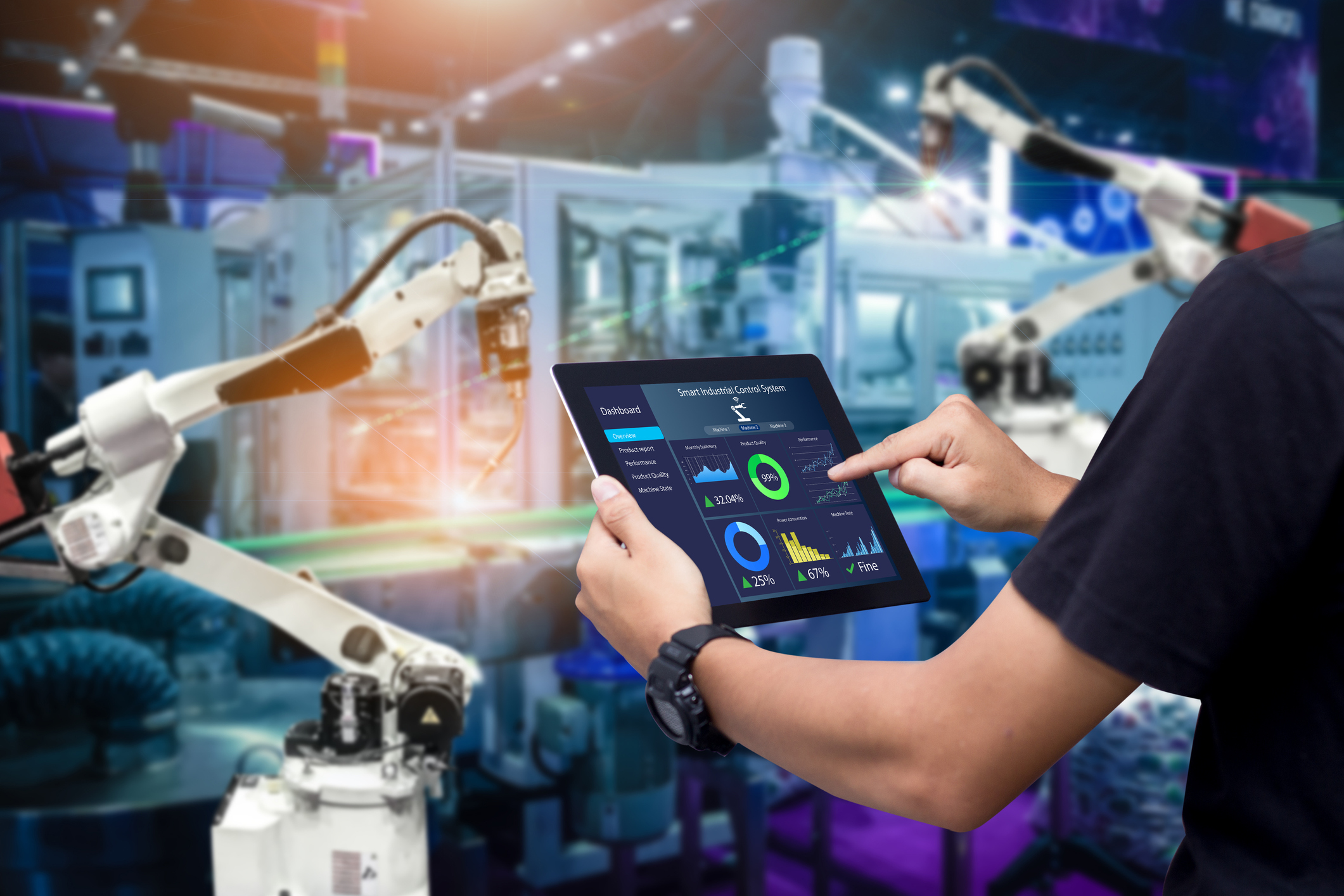Manufacturing Transformation in Various Industries – The manufacturing industry has undergone a significant transformation in the last few decades. Advances in technology and innovation have brought about major changes in the way production is done, and these developments continue. Manufacturing transformation refers to the application of technology, such as artificial intelligence (AI), Internet of Things (IoT), robotics, and automation, to improve production efficiency, productivity, and quality. This article will discuss manufacturing transformation in various industries.

Manufacturing Transformation in Various Industries
One important aspect of the manufacturing transformation
AI enables machines and systems to learn and make decisions based on existing data. In the manufacturing context, AI can be used to analyze production data, identify patterns and provide valuable insights for companies. For example, using AI, companies can predict demand, optimize supply chains and improve machine maintenance.
Apart from AI, the Internet of Things (IoT) is also playing an important role in manufacturing transformation. IoT includes a network of devices connected via the internet, enabling data exchange and communication between machines and systems. In the manufacturing context, IoT enables real-time monitoring of production, inventory and equipment condition. This enables companies to optimize their operations, reduce machine downtime, and improve production reliability.
Robotics and automation are also an important part of the manufacturing transformation. The use of robots in the production process can increase efficiency and precision. Robots can perform repetitive tasks with consistent speed and accuracy, reducing human error and increasing productivity. In addition, automation can be applied in various aspects of production, from processing and assembly to packaging and shipping. This helps reduce labor costs and increase operational efficiency.
The potential applications of manufacturing transformation are extensive and can be applied across a wide range of industries. One industry that is heavily influenced is the automotive industry. In this industry, manufacturing transformation enables companies to increase production speed and efficiency, while maintaining high quality standards. The use of robots in the automotive production process has reduced production time and increased precision in component assembly.
The food and beverage industry can also benefit . The use of automation and robotics in food production can increase speed and cleanliness, while minimizing the risk of contamination. In addition, the application of AI in the food industry can assist companies in inventory management, demand forecasting, and increasing supply chain efficiency.
The pharmaceutical industry is also not lagging behind in implementing . The use of automation and robotics in pharmaceutical production helps in the accuracy of dosing and reduces the risk of human error. In addition, data analysis using AI can assist in the discovery of new drugs, clinical trials, and the development of more efficient production processes.
Overall, the manufacturing transformation has brought about major changes in the way production is done. The use of artificial intelligence, Internet of Things, robotics and automation has increased the efficiency, productivity and quality of production in various industries. The potential applications are vast and span the automotive, food and beverage, and pharmaceutical industries, just a few examples of the many industries that can benefit from the manufacturing transformation. In this digital era, companies that want to stay competitive must adopt manufacturing transformation technologies to optimize their operations and meet the changing market demands.